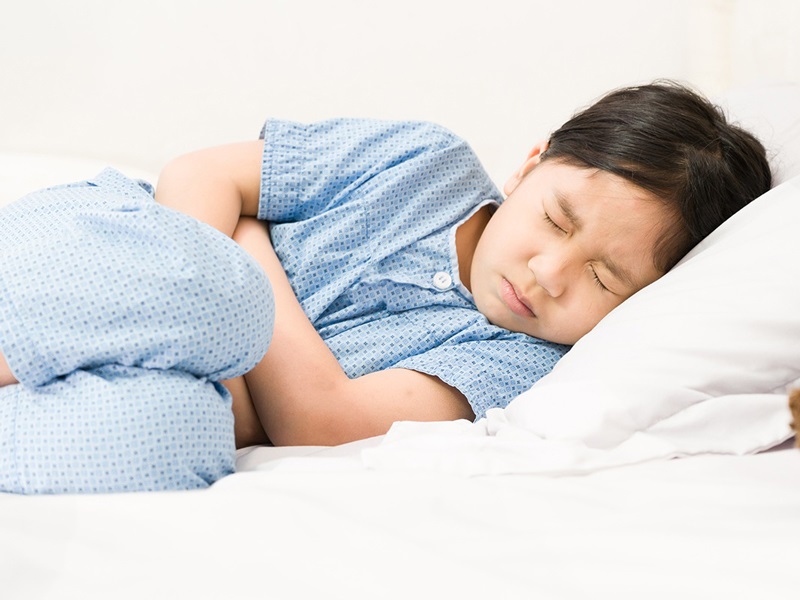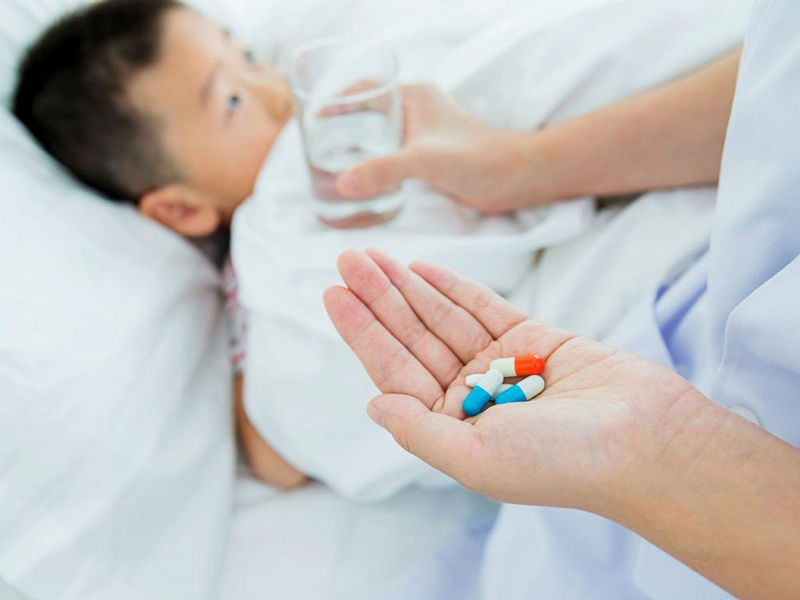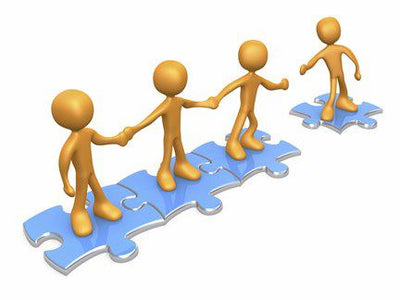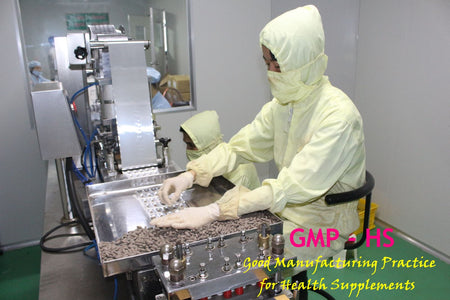5 signs of zinc deficiency in children: Causes - How to prevent?
Besides iron, zinc is also one of the important trace elements that determine the development of young children. If your child has problems such as stunted growth, slow development... - these are all signs that your child is zinc deficient. So what is the cause of this problem? What steps have you made wrong in taking care of your child? Read the article below to find the answer!

I. 5 most prominent signs of zinc deficiency in children
Zinc is both a structure and a participant in maintaining the function of many important organs. It helps ensure growth in children, regulates endocrine function, and plays an important role in coordinating with the central nervous system...
If your child has some of the "signs" below, this proves that they are lacking zinc:
→ Poor appetite, loss of appetite, reduced appetite, reduced breastfeeding, not eating meat or fish, indigestion, constipation, prolonged nausea and vomiting. Experts explain that hair loss will affect the sense of taste and smell, leading to children lacking appetite.
→ Difficulty sleeping at night, waking up many times. The body can weaken brain activity, slow dreaming, paranoia, taste and smell disorders, slow psychomotor development, disability, cerebral palsy,...
→ Malnutrition, slow growth. Zinc deficiency will have negative effects on children's height, physical development, nervous system and immune system. Children will grow slower than other children of the same age.
→ Susceptible to infectious diseases. Decreased immune cell function will also increase the risk of infectious diseases in children.
→ Wounds that take a long time to heal, allergies, brittle hair, weak nails.

II. What causes zinc deficiency in children?
According to experts, there are two major causes of zinc deficiency in children:
- Because the mother did not supplement enough zinc for the baby during pregnancy
- Unbalanced diet
Zinc deficiency in children under 1 year old is mainly caused by the mother. For weaned children who can eat outside foods, a diet lacking in zinc-rich foods is a bigger cause.

According to statistics, 7 out of 10 children under 5 years old are zinc deficient ; 8 out of 10 pregnant women are zinc deficient. The rate of zinc deficiency in pregnant women is 80.3%, in women of childbearing age is 63.6% and in children under 5 years old is 69.4%. This has inadvertently caused the zinc deficiency to increase.
III. What should parents do to prevent and overcome zinc deficiency?
So when signs of zinc deficiency appear, what should be done to overcome this situation? Or how to prevent zinc deficiency in children?
1. Zinc supplement dosage for children with zinc deficiency
Depending on the age, the dosage of zinc supplement for children is also different. The World Health Organization (WHO) has recommended the following dosage:
| Children <3 months old | 3mg/day |
| 5-12 months old | 5-8mg/day |
| 1-10 years old | 10-25mg/day |
For 6-month-old babies who have not been weaned, the best source of zinc is breast milk. Therefore, mothers need to supplement this nutrient for their own bodies every day.

2. Avoid signs of zinc deficiency in children with a scientific diet
The best source of natural zinc is still daily food. For your baby to develop comprehensively and healthily, parents should have a scientific diet for their baby. Don't forget to add more zinc-rich foods to your daily menu.
Some foods rich in zinc include: freshwater shrimp, eel, oysters, clams, pork liver, milk, beef, egg yolks, fish, soybeans, almonds, cashews, peanuts, old coconut meat, sweet potatoes...
In addition to zinc-rich foods, we also recommend that you supplement with Vitamin C. This is one of the “catalysts” that helps the body absorb zinc better. You should supplement natural Vitamin C from fruits such as: guava, orange, lemon, tangerine, kiwi…

Note: In case of children with poor appetite, especially children who are often sick, they should take some zinc supplements combined with Lysine, Taurine, Vitamin B group...
Early detection of zinc deficiency will help your children develop normally and healthily. Remember to regularly follow NanoFrance's website to update more useful medical knowledge!








